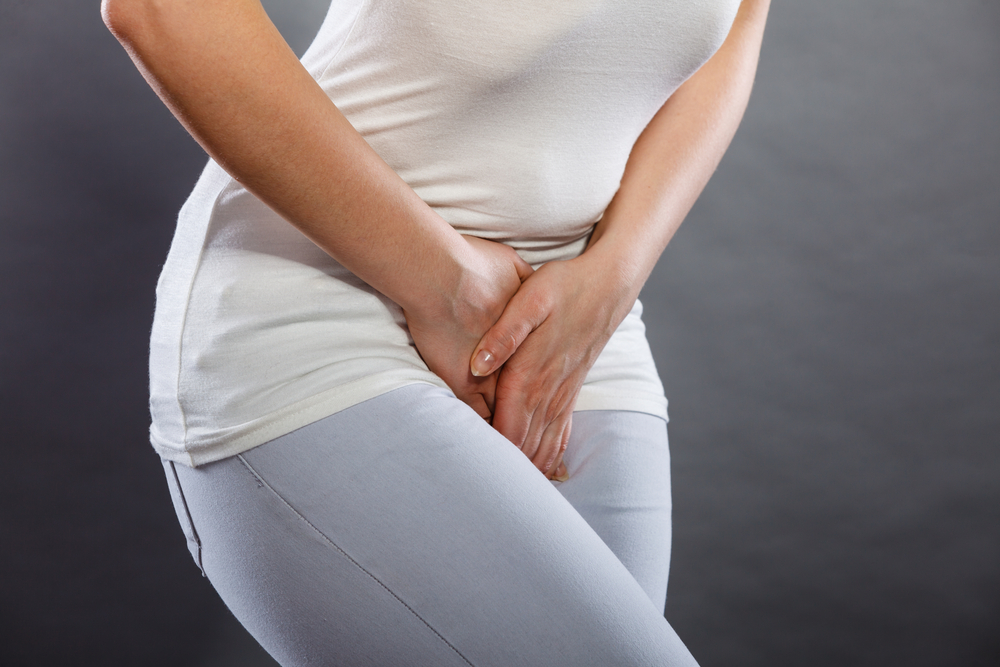DIAGNOSIS
Yeast infections are simple to diagnose. Your doctor will ask about your medical history, whether you’ve had yeast infections before. They may also ask if you’ve ever had an STI.
Then your doctor will examine your vagina walls and cervix through a pelvic exam. They’ll also look at the surrounding area for external signs of infection. Depending on what your doctor sees they may collect some cells from your vagina. This sample cells will be examine at the lab. Lab tests are usually ordered for women who have yeast infections on a regular basis or for infections that won’t go away.
TREATMENT
Treatments are generally determined based on the severity of your symptoms and the kind of yeast infection you have.
For simple yeast infections, your doctor will usually prescribe a one- to three-day regimen of an antifungal cream, ointment, tablet, or suppository. These medications can be in prescription or over-the-counter (OTC) form.
Common medications include:
- butoconazole(Gynazole)
- miconazole(Lotrimin)
- Monistat
- terconazole(Terazol)
- fluconazole(Diflucan)
A follow-up will be necessary make sure the medicine worked. Most specially if your symptoms return within two months.
Your doctor will more than likely treat your yeast infection as if it were a severe or complicated case, if you have the following:
- have severe redness, swelling, and itching that leads to sores or tears in your vaginal tissue
- have had more than four yeast infections in a year
- have infection caused by Candidaother than albicans
- are pregnant
- have uncontrolled diabetes or a weak immune system from medication
- are HIV-positive
Possible treatments for severe or complicated yeast infections include:
- 14-day cream, ointment, tablet, or suppository vaginal treatment
- two or three doses of fluconazole (Diflucan)
- long-term prescription of fluconazole (Diflucan) taken once a week for six weeks, or long-term use of a topical antifungal medication
If your infection is recurring, you may also want to see if your sexual partner has a yeast infection. Remember to use condoms when having sex if you suspect either of you has a yeast infection.
What natural and alternative treatments are available?
There are popular natural remedies that are believed to treat vaginal yeast infection. These are:
- coconut oil
- tea tree oil cream
- garlic
- boric acid vaginal suppositories
- plain yogurt taken orally or inserted into the vagina
Just always make sure your hands are clean before applying creams or oils to your vagina. You may seek advise from a doctor before trying natural remedies. Some herbs can interact with medications you may be taking and may cause unintended side effects.


